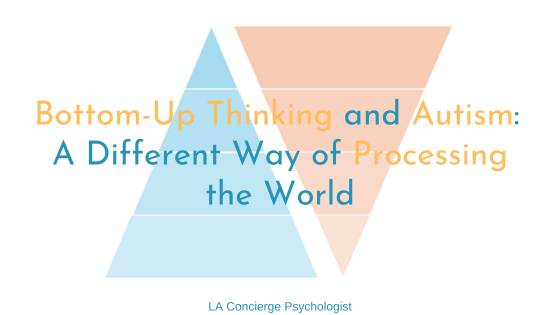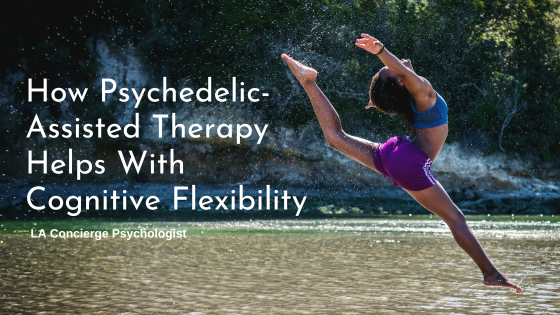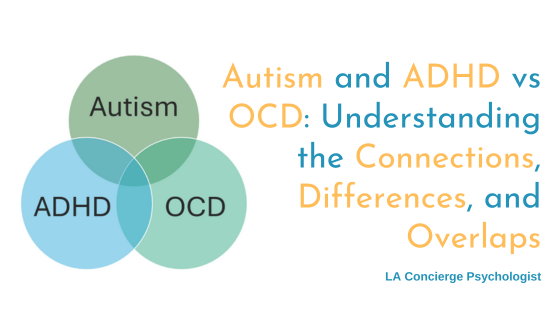No matter who you are, dating involves a certain level of sexual risk. According to the U.S. Department of Justice, someone is sexually assaulted in the United States every 73 seconds. One in 33 men and one in six women has been the victim of an attempted or completed rape in their lifetime.[i] Statistics linking autism and sexual assault are even more appalling. According to one study, 78% of autistic adults were sexually victimized at some point in their lives.[ii] Another study found that autistic adults were nearly three times as likely to experience unwanted sexual contact than allistic (non-autistic) adults. Autistic women are particularly at risk.[iii] Why are autistic women so vulnerable? The cultural factors that affect all women certainly play a role. From a young age, females are generally encouraged to obey, fit in, and act in a generally agreeable manner. Men, on the other hand, have learned to value aggressiveness and be persistent when trying to “win over” a woman. It’s easy to see how these cultural factors put women at a greater risk for sexual assault and exploitative relationships. Dating as an autistic woman is particularly risky. Research is ongoing, but several known factors help explain the link between autism and sexual abuse. According to autism research—and many women’s first-hand accounts of their own dating problems—autistic women often:
Lack sexual knowledge
While the reasons for this phenomenon are still unknown, early research suggests that autistic women may receive a less comprehensive sexual education from their parents and teachers. As a result, they don’t have a complete understanding of safe sexual practices regarding things like sexually appropriate behaviors or how to protect themselves from sexually transmitted infections. This leaves them ill-prepared to avoid and react to sexual threats.
View abusive treatment as normal
Autistic children are bullied at much higher rates than their allistic peers. Sadly, many autistic children grow so accustomed to this mistreatment that they can’t imagine being treated any other way. When they continue to experience abuse (either emotional or physical) when they start dating, it doesn’t throw up any red flags until the abuse has gotten so bad that it threatens their emotional wellbeing and physical safety.
Strong need for acceptance
Autistic girls often remain undiagnosed until adulthood, so they grow up blaming and criticizing themselves for their social difficulties. The social mistakes they make—and the relentless bullying they often encounter—wear down their sense of self-worth. While all people need to feel loved and accepted, autistic women may feel this need particularly strongly. When given the attention and seeming acceptance they desire, autistic women may overlook poor behavior. They may also agree to do things they’re uncomfortable with in order to receive the attention they want.
Struggle with alexithymia
Numerous autistic people struggle with alexithymia. Those who experience alexithymia have difficulty recognizing and identifying their emotional experiences. If an autistic woman doesn’t recognize that she is feeling uncomfortable or uneasy, she may find herself staying in unsafe situations. Additionally, people with alexithymia often struggle to read other’s emotions. An autistic woman may not notice the malevolent intentions of others and unintentionally find herself in the company of a dangerous person.
Fail to predict other people’s behaviors
Autistic women typically struggle with “social imagination,” the ability to guess another person’s thoughts and intentions based on their verbal and physical cues. An allistic woman adept at social imagining may readily interpret a man’s suggestion to “watch a movie back at my place” as a sexual invitation. An autistic woman, on the other hand, may interpret that as literally going to hang out and watch a movie. This may lead her to unwittingly put herself into a potentially risky situation.
Get their sexual education from fictional sources
Autistic women often don’t learn from social situations as quickly as allistic women do, and they are less likely to be taught about sex by their parents or teachers. Instead, they obtain much of their sexual education from non-social sources, including television shows, movies, video games, pornography, etc. Most of these depictions of relationships and sexuality are pure fiction, so they often lead to inaccurate sexual knowledge.
Freeze up when they feel overwhelmed or threatened
Inappropriate physical contact, such as a person resting their hand on a woman’s shoulder or back, can be an overwhelming sensory experience for an autistic woman. If someone touches her, gets too close, or otherwise overwhelms her, she may involuntarily freeze up. She may even go into shutdown. As a result, she will find it harder to reject an unwanted touch or remove herself from a potentially dangerous situation.
Lack the social tools to deflect sexual advances
An allistic woman may have developed many useful social strategies to deflect and diffuse advances subtly. For example, an allistic woman receiving unwanted attention at a bar may excuse herself to the restroom or work a reference to her (possibly imaginary) boyfriend into the conversation. If an autistic woman who lacks these subtle tools, then she’ll likely express herself directly. Unfortunately, this kind of direct rejection is not always graciously accepted by others and may place an autistic woman in danger. —- These factors and many others make autistic women inherently more vulnerable. Fortunately, it’s possible to mitigate the risks of dating as an autistic woman. By working with a skilled therapist or autism dating coach, autistic women can access autism education, support, and dating advice that can help them protect themselves and establish mutually respectful relationships. If you find yourself needing an autism dating coach to help keep yourself safe while navigating the dating world, we can help. As adult autism specialists, we can provide dating advice for autistic adults and help demystify some neurotypical ways of dating. Book a free 20-minute consultation call with Dr. Priscilla Barajas or Dr. Jenifer Goldman to see how we can help.



